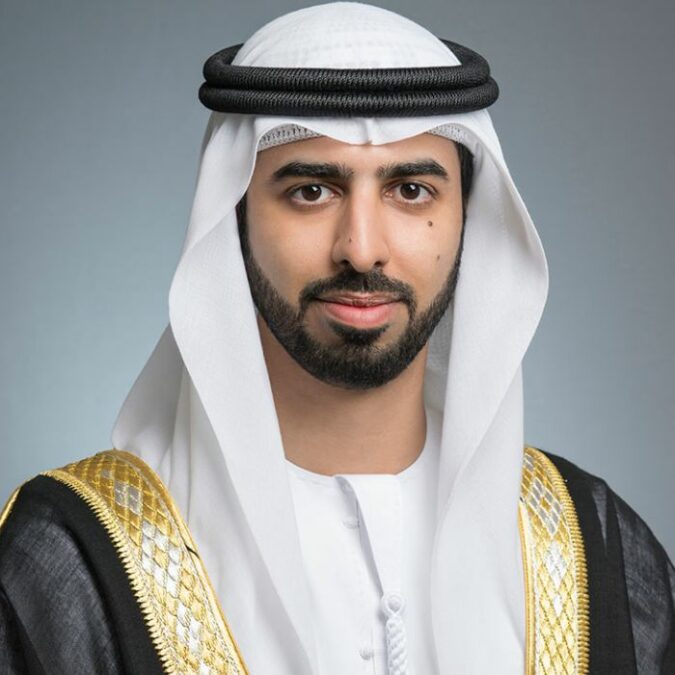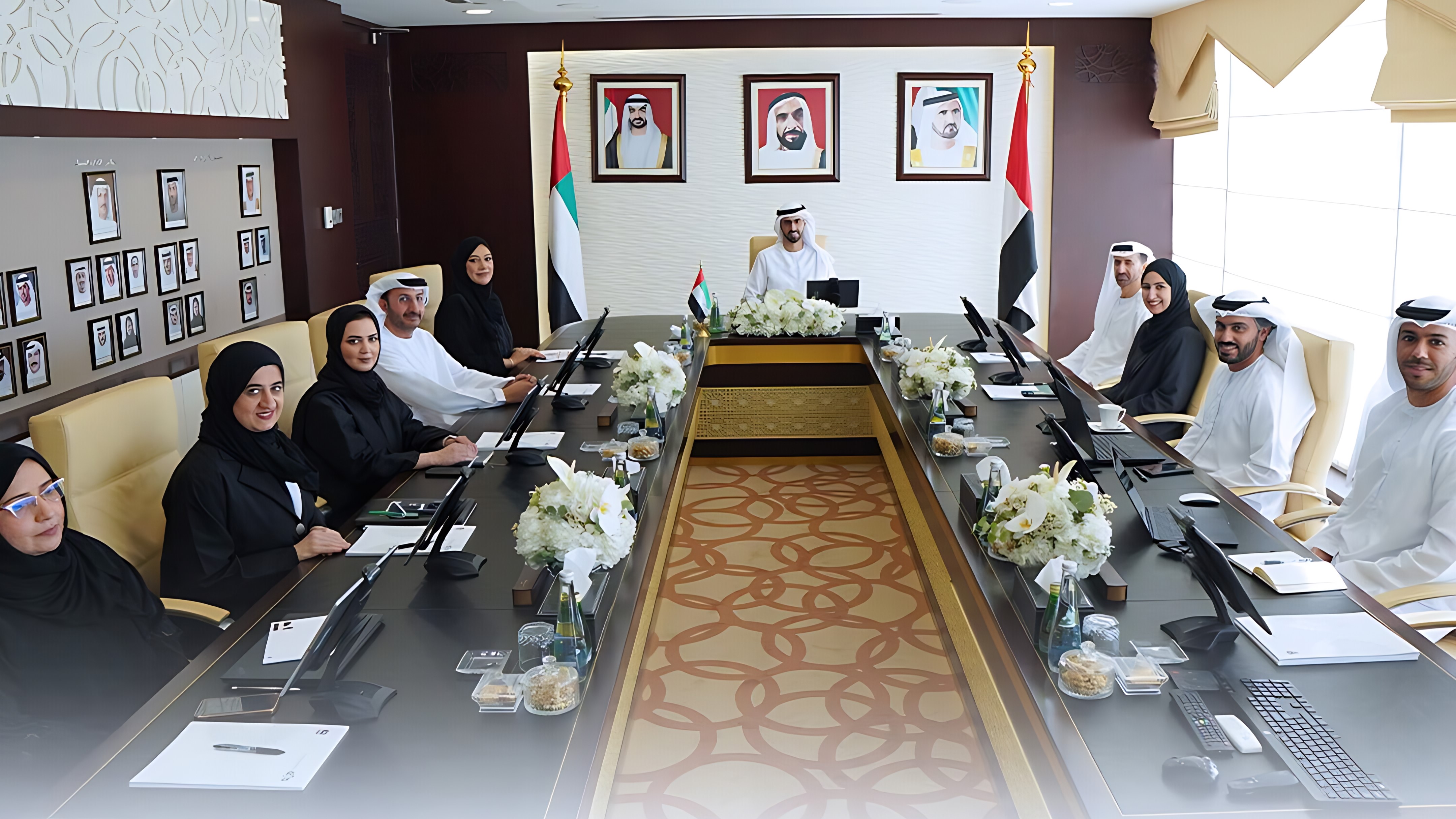DUBAI — The UAE government has adopted a proactive approach, focusing on designing visions and goals, as well as developing and implementing initiatives and projects that establish the foundations of a leading digital economy, said Omar bin Sultan Al Olama, Minister of State for Artificial Intelligence, Digital Economy, and Telework Applications.
“This economy merges national skills and technological solutions, creating an advanced model that contributes to achieving the goals of the national strategy for the digital economy. This strategy aims to significantly increase the contribution of the digital economy to the non-oil GDP over the next decade,” he added.
He mentioned that the UAE government is ramping up efforts to accelerate the adoption of digital solutions. Through its initiatives and projects, it aims to envision and shape the digital future, enhancing the UAE’s leadership and global competitiveness across various sectors.
This was discussed during Al Olama’s chairmanship of the meeting of the UAE Council for Digital Economy, held at the Securities and Commodities Authority in Dubai.

The council reviewed updates on several strategic initiatives aimed at supporting and accelerating the implementation of the UAE’s strategic objectives for the digital economy. These initiatives cover areas such as infrastructure, digital transactions, e-commerce, financial technologies, stimulating investment in digital sectors, attracting and developing digital talents, supporting SMEs, and the latest developments in digital economy statistics gathering.
Additionally, the annual report on measuring the digital economy, prepared in cooperation with the Federal Competitiveness and Statistics Centre, was discussed.
The council also examined the progress in digital infrastructure development in the country and the level of adoption of technological solutions, which have seen significant increases in recent months.
Notably, the use of digital signatures surged by 216 percent in 2023, and blockchain technology was also employed, involving 9 banks, 6 exchange houses, and 3 insurance companies.
The council also reviewed digital services within the federal network, which have been expanded to include voice-to-text and text-to-voice conversion, translation, emotion analysis, extraction of key phrases, language analysis, and services that provide access to high-performance computing resources for machine learning, deep learning, and other applications.
Discussions covered topics such as the government service level policy, data center distribution, and cloud computing deployment in Gulf countries.
The council also examined cloud computing companies in the UAE, as well as the latest internet network indicators, including the performance and coverage of the fifth-generation (5G) network across the country.
Additionally, it was noted that the adoption rate of the sixth version of the Internet Protocol (IPv6) reached 50.7 percent in January 2024. The level of mobile network coverage continued to maintain 100 percent coverage, securing the top position in the Middle East for internet exchange traffic and achieving the highest global ranking for 5G network speeds in 2023.
The UAE Council for Digital Economy plays a pivotal role in implementing the digital economy agenda, achieving its strategic indicators, shaping the future of the digital economy, and guiding its strategic directions within the UAE.








